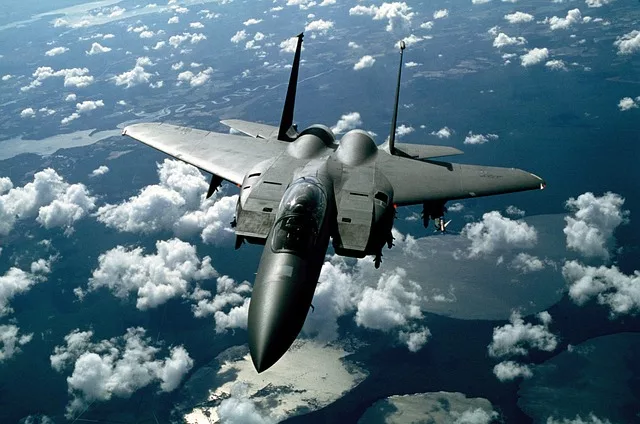President Biden Signs 2024 Defense Budget Into Law

President Joe Biden signed the 2024 National Defense Authorization Act into law. He signed the NDAA the Friday before the December holiday break, and the Defense Department issued a press statement announcing the new budget for the new year.
“The Act provides the critical authorities we need to build the military required to deter future conflicts,” according to that press release, “while supporting service members and their spouses and families who carry out that mission every day.”
The 2024 NDAA funds the Defense Department with a budget of $841.4 billion. Military benefits that improve in 2024 include, but are not limited to the following:
- 5.2% basic pay increase
- Higher BAH rates
- Higher BAS rates
- 3.2% cost of living adjustment for those receiving VA disability checks
- Family Separation Allowance increase
- Expanded access to the Basic Needs Allowance
- Expanded paid leave benefits transitioning from active service to federal jobs
Related: What’s in the 2024 NDAA?
The measures above are not only items authorized in the new defense budget. There are also plenty of non-benefits related sections, including but not limited to the following as reported by Congress.gov:
- Section 113 “requires the Army to submit a strategy for FY2025 and every five years afterwards for its tactical wheeled vehicle program.”
- Section 123 gives the Navy permission to “enter into multiyear procurement contracts for 10 Virginia class attack submarines.”
- Section 131 requires the Air Force to continue using the Global Hawk unmanned aerial vehicle “until after the end of FY2028 and limits the Air Force from reducing the fleet below 10 aircraft.”
- Section 132 “limits the Air Force from retiring T-1A training aircraft until the Air Force certifies the implementation of the Undergraduate Pilot Training 2.5 curriculum”
- Section 133 lowers the minimum number of A-10 aircraft in the Air Force inventory.
- Section 134 “reduces the total minimum number of fighter aircraft that the Air Force must maintain.”
There are many more defense-related measures funded by the NDAA. Some of them may surprise the uninitiated. Consider one provision in the NDAA related to how the DoD approves advertising contracts.
“Section 1555(a) of the Act requires recipients of certain Department of Defense…advertising contracts to certify that they “[do] not place advertisements in news sources based on personal or institutional political preferences or biases, or determinations of misinformation.”
Another provision of the NDAA “requires DOD to establish a competition to award cash prizes and other types of prizes to evaluate technologies for the detection and watermarking of generative artificial intelligence (AI).”
As you can see, the NDAA is a comprehensive spending bill covering a wide range of issues above and beyond pay and benefits, which is one reason why there was so much controversy over the House and Senate being unable to reach an agreement earlier in 2023 to pass the Act.
Read more: Military Money 101
About the author
Editor-in-Chief Joe Wallace is a 13-year veteran of the United States Air Force and a former reporter/editor for Air Force Television News and the Pentagon Channel. His freelance work includes contract work for Motorola, VALoans.com, and Credit Karma. He is co-founder of Dim Art House in Springfield, Illinois, and spends his non-writing time as an abstract painter, independent publisher, and occasional filmmaker.


